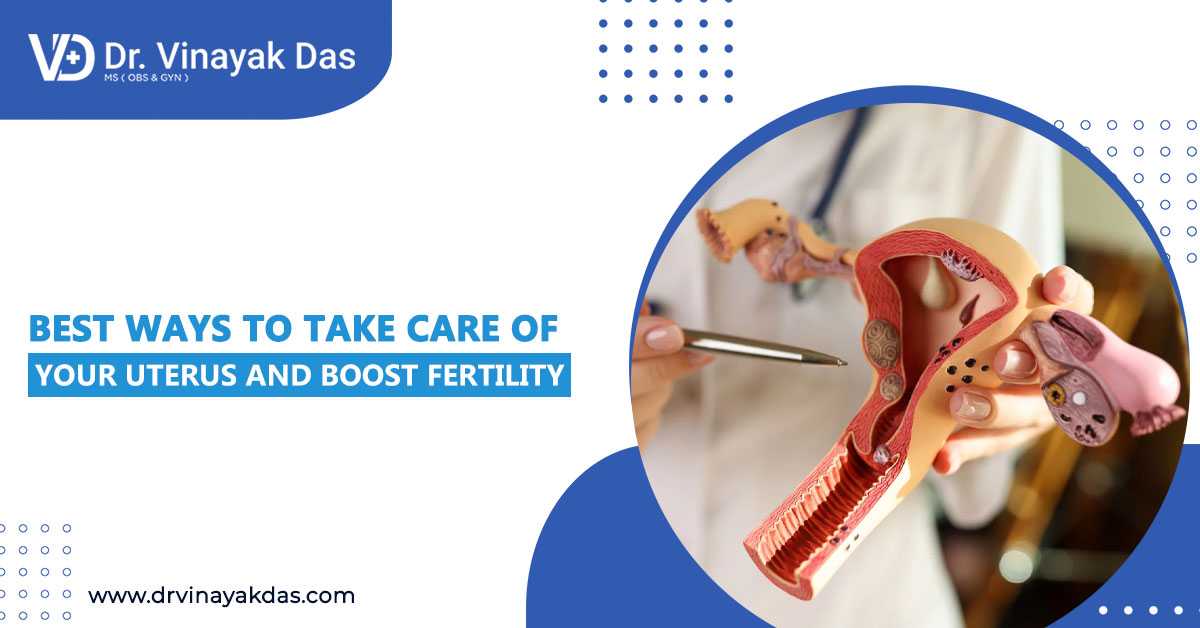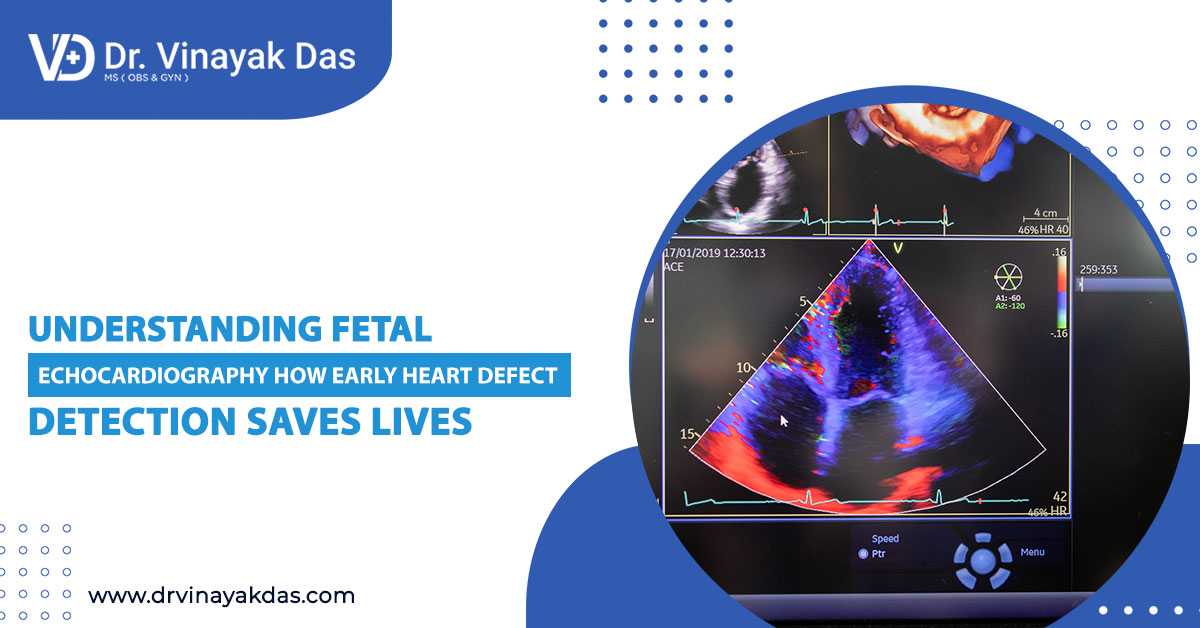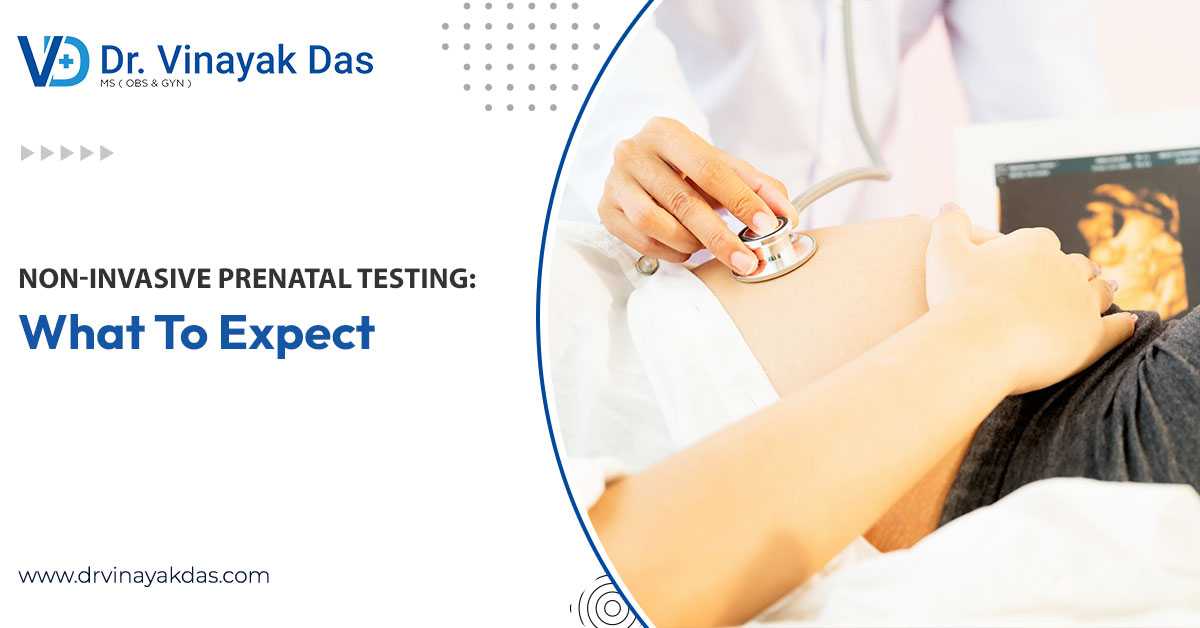Chromosomal abnormalities can develop during the initial developmental stages of the fetus. These abnormalities can lead to serious congenital defects in the baby which are extremely hard to treat and can also lead to stillbirth. For early detection of these detects, doctors often recommend certain prenatal testing. You can also undergo an effective NIPT or non-invasive prenatal testing in Siliguri to check whether your baby has a higher risk of developing genetic anomalies or not.
NIPT is also known as the cell-free DNA (cfDNA) test that can enable the doctor to get an in-depth idea about the genetic makeup of the baby. DNA is the main factor behind the development of the chromosomes and genes of a person and this screening procedure helps to check the genetic fragments of a person to see the likelihood of passing on a genetic defect to the baby.
Given below is detailed information about the procedure, results and other probable options of NIPT.
When is NIPT Done?
The main role of an NIPT test is to examine the chances of the baby being born with certain chromosomal disorders. The doctor will refer you to undergo this screening if you have a child with a chromosomal abnormality.
In such cases, either the mother or the father is a carrier of genetic defect which can again be passed down to the baby. If the doctor found an abnormality in the fetus during ultrasound then also a NIPT test can be recommended by the doctor.
Chromosomal Abnormalities Screened By NIPT
NIPT can detect most of the chromosomal disorders such as Down syndrome, disorders affecting the X and Y or sex chromosomes, Trisomy 18, and Trisomy 13. Some of the disorders that one can develop with abnormalities in sex chromosomes are Triple X syndrome, Turner Syndrome, and Klinefelter Syndrome.
You must also know the fact that if the chances of developing these syndromes are found during the NIPT test then the gynecologist in Siliguri will recommend other tests as well before referring a treatment plan.
Procedural Details
During this test, a small blood sample will be collected to check for any chromosomal abnormalities in the fetus. Your cells are always dividing and these cells can be found in the DNA fragments of your body. This is why your bloodstream is examined in this test to check the fetal DNA.
This blood sample can be collected from your vein and then it is sent to analyze the chromosomal conditions. You must remember the fact that this test is done after the 10th week of the pregnancy when enough amount of fetal DNA is found in the blood.
Possible Results
The possible results from the NIPT test can be negative, positive, or no result. The negative result indicates a low-risk result where it is unlikely for the fetus to develop any chromosomal abnormalities. However, if a high-risk result is determined then the pregnancy has a higher risk of developing genetic defects.
In such cases, the doctor recommends genetic counselling sessions to decide on further screening procedures or treatment plans. An inconclusive or no result can indicate a small possibility of developing genetic issues. In such cases, another type of prenatal testing can be referred.
Apart from the non-invasive prenatal testing in Siliguri, the doctor can also recommend amniocentesis, maternal serum screening, chorionic villus sampling, or an ultrasound to detect any possible chromosomal abnormalities. If all of these tests come positive then the doctor will plan an effective treatment plan for early intervention of the genetic abnormalities in the fetus.




